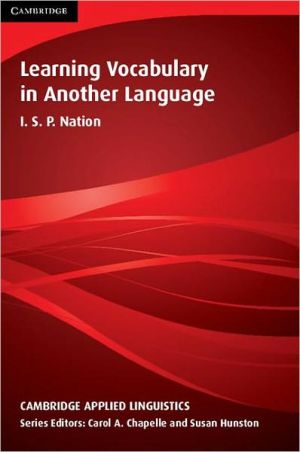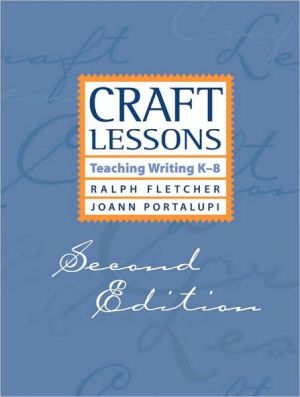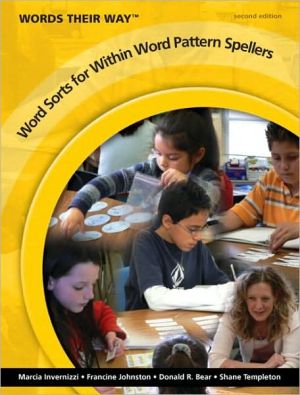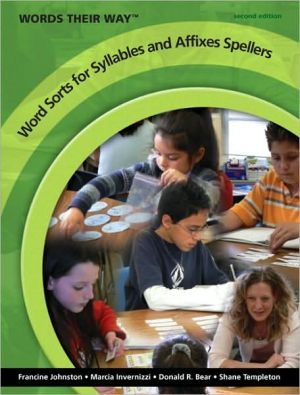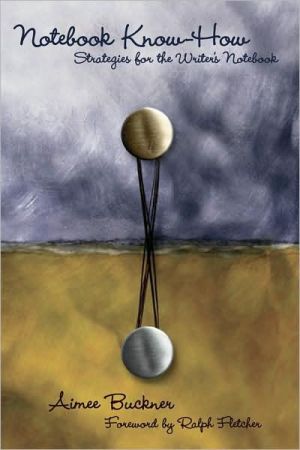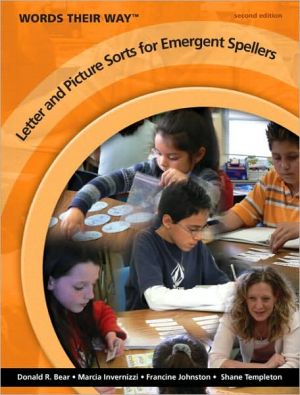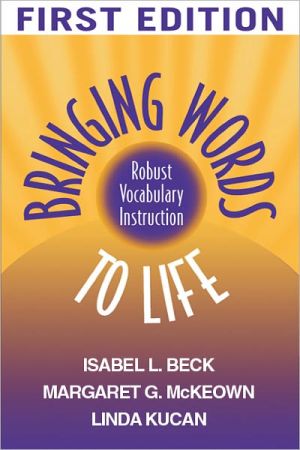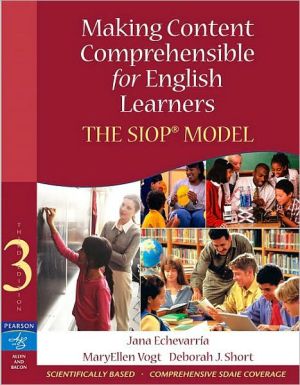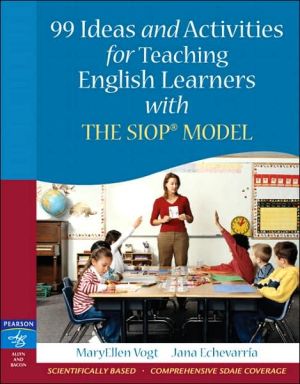Learning Vocabulary in Another Language
Learning Vocabulary in Another Language provides a detailed survey of research and theory on the teaching and learning of vocabulary with the aim of providing pedagogical suggestions for both teachers and learners. It contains descriptions of numerous vocabulary learning strategies which are justified and supported by reference to experimental research, case studies, and teaching experience. It also describes what vocabulary learners need to know to be effective language users. Learning...
Search in google:
This book provides pedagogical suggestions for both teachers and learners.
Series editors' prefaceAcknowledgementsIntroduction11The goals of vocabulary learning62Knowing a word233Teaching and explaining vocabulary604Vocabulary and listening and speaking1145Vocabulary and reading and writing1446Specialised uses of vocabulary1877Vocabulary learning strategies and guessing from context2178Word study strategies2639Chunking and collocation31710Testing vocabulary knowledge and use34411Designing the vocabulary component of a language course380App. 1Headwords of the Academic Word List407App. 21,000 word level tests412App. 3A Vocabulary Levels Test: Test B416App. 4Productive Levels Test: Version C425App. 5Vocabulary Levels Dictation Test429App. 6Function words430References432Subject index464Author index470
\ From the Publisher'Provides a clear survey of the current state of research and offers practical teaching techniques. The book enables the teacher to be an informed practitioner. Verdict: **** a valuable book for diploma students.' British Council Network News \ 'Nation takes his 477 pages well, taking a truly useful approach to linking research to practice by providing teachers with concrete ideas with which to help learners build their second language vocabulary. I highly recommend this book to anyone looking to include a clear vocabulary thread in their teaching, and to teacher educators who have an influence on the methodology and approaches of future teachers.' ELT Journal\ \ \
